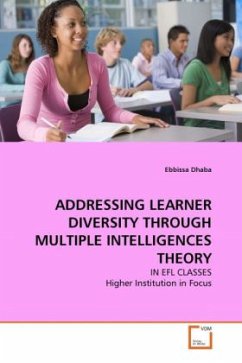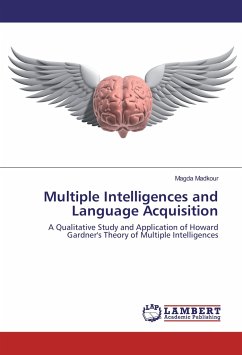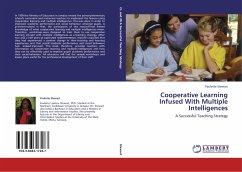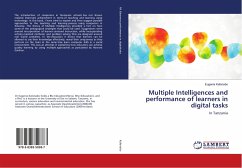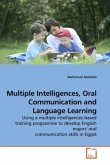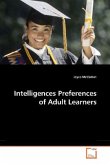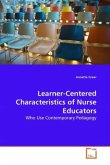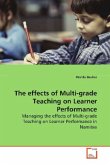Distinct approaches to teaching methods, content instruction, curriculum organization, and special education programming come and go over the years. It is unrealistic to expect that a particular approach will be successful for all learners. With the advent of "humanism" in the 60s of the 20th century, the conventional, authoritative teacher-centered instruction has given way to the learner-centered mode of instruction. In the 1990s, Howard Gardner suggested from his research findings that human cognitive competence actually is pluralistic, rather than unitary, in design. His Multiple intelligences (MI) Theory touched off a wave of educational innovation throughout the world. Educators recognize the diversity of the learners in their learning styles, learning potentials and appreciate the development of learning strategies on the part of the learners. Being conceived in 1980s, MI theory has received scant attention in higher education. This research explored how varied learning style preferences and intelligence profiles students in higher education have and indicated benefit of MI theory in addressing learning style diversity in EFL classes through it.

